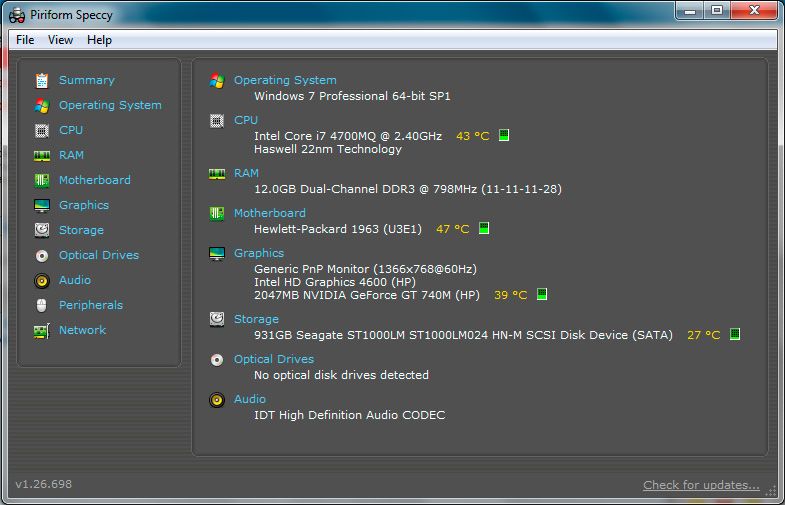

Laptop GPUs in particular are very confusing, using identical naming schemes for cards that are generations older in terms of architecture. Discovering what 'architecture' (Fermi/Maxwell/Kepler etc.) your card is will take you a long way in finding out whether it's actually supported or not. Take their officially supported hardware list with a grain of salt, and do your research. Nvidia is… pretty bad at actually supporting the cards they say they support. Write themes for batocera-emulationstation.Redirect upgrades from any board to my own builds.Latency reduction and optimizing performance.Raspberry Pi: Add power buttons/switches.Sync files across multiple devices (Syncthing).PCman built-in file manager (for Xorg-powered devices).Would a 4th generation in this Xeon series be better than a 3rd generation? Thanksīut if I do get the i7, can I disable the integrated graphics do you think and use the 750 graphics? (because it has more clock speed and has support for some other "features") Plus ECC looks useful, but only in the Xeon since my computer will act as a server also. I think I will go with the Nvidia 750, and an Intel Xeon since it doesn't have the built in gpu which saves a few dollars there (and more money towards the actual cpu)And what Intel Xeon should I then get? I know that it has to have hyperthreading, have 4 cores, and at least 3.4hz (I think that is how it is abbreviated) for each core. Now I am for sure-getting a 750 if not using the 4600 Intel integrated. Thanks! Any recomendations on any Xeon cpus? There are so many now, it is almost harder than the i7 series. Yes, I will only get a cpu with hyperthreading at this point, for some performance help. I wanted to get a Nividia card in the 700s, not a high end one, for no more than about $100, and that sounds like a step up to the 730.


 0 kommentar(er)
0 kommentar(er)
